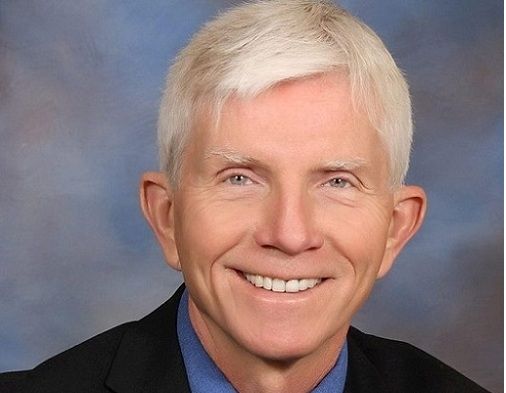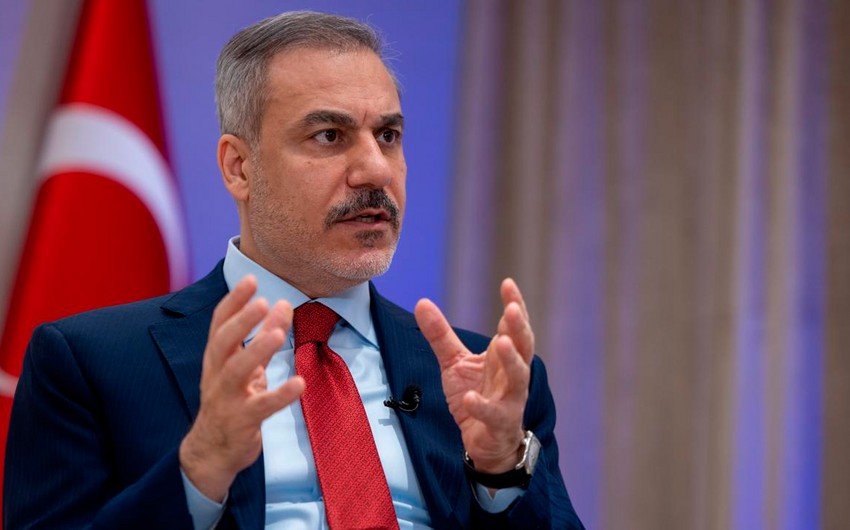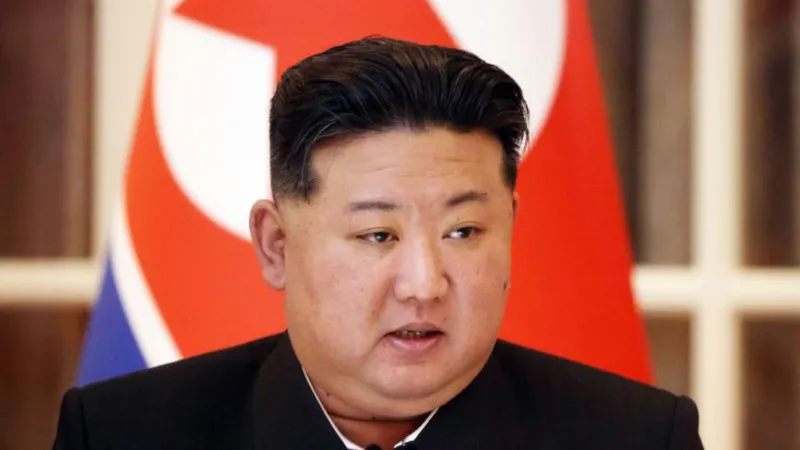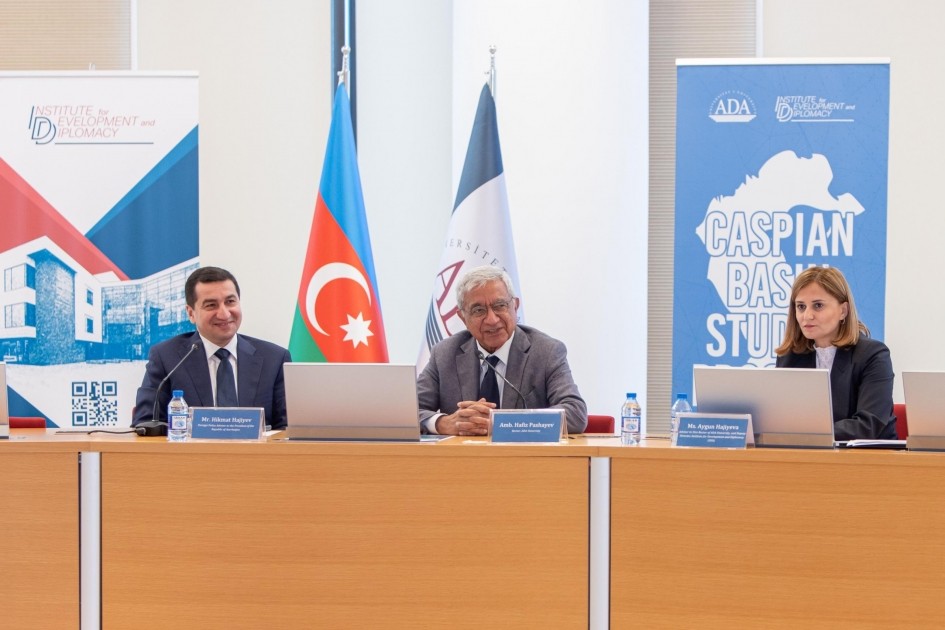"Eurasia Diary" talked with Rudy Westervelt, a Past District Governor (PDG) in an exclusive interview regarding Rotary International Global Peace Conference 2016.
Connecting Leaders and Conflict Resolution Experts with Solutions to Create a Culture of Peace this conference was held on 15-16 January 2016 in Ontario California. More than 1500 attend this conference around the world and they had 150 experts explaining different solutions in 104 sessions.
Eurasia Diary: How you got an idea being a Rotarian that you should have to be involved other Rotarians in this peace building process? You have organized International Peace Rotary peace conference in January 2016?
Rudy Westervelt: As you know we have six urgent focus on global issues. And this one is human resources so we take care of basic needs, we take care of health. Only why to develop, it is to create a peace in the world. We have a right way to do that. So, we have 6 peace courses around the world there are graduates people come with master degrees in peace and conflict, prevention resolution. So I had an opportunity since 2015-2016 and proportion for that I think each of us have an opportunity to make a differences in the world. Sometimes we have an opportunity to do something a big when there is a bigger opportunity. So about three years before I decided that we should create a peace conference and not just stay and feel good, everybody is happy, goes home but does not doing anything at the conference. I understand that we can make some substantial change because the conference idea was to bring together in tackling conflict solutions.
It is fact that there are solutions to the major issues in your personal life, at school, home, business, community, international, international trade etc. During the 2 days of conference with speakers we had solutions to the major issues. From homelessness to poverty, economic development side, as well as dealing with the international conflict how it was effected to the different spheres, how we work with each other. And we understand that all of us have different religions and we also understand that there is an impact where people get more understanding and open this. Film, TV and media can either influence negatively or they can promote the solutions. So TV and media is the key to us providing good works focusing of the solutions.
ED: So might you people took this initiative and what is the outcome of this peace conference?
RW: We had 1500 attendance around the world and we had 1050 experts explaining different solutions. And so the goal here is we are still working on this is how can follow the track, their progress on solutions we continue to the work and tracking our speakers working with the different districts to find out what they are doing and picking up the solutions. One of those ideas that in just late June start to a new work on analyzing the peace solutions. And we have got people from different spheres of society the speakers and experts and we are looking how we track what we are doing. It will be mouth and years we are looking for the future to continue taking our major issues to work and carrying around the world.
ED: Did you plan the next conference in 2017?
RW: That is an interesting question. This is the three years of labor, our members here to put this together. I think it is too soon to come back for conference. I think that one of this magnitude which truly was larger than I think we have enable to put together before. And I have impact that it wouldn't come back together in 3-4 years, in 2018, 2019 or maybe 2020 to the day and world without war.
If we can back to soon I think we had the same impact. So that we can back when we can really show significant alteration and improvement.
ED: Being an expert of peace building in conflicts, how do you see global conflicts?
RW: Here, in Australia we have all citizens of world. Together we can make more changes in political processes, because it’s moving very slowly. There are many various sides of politics. And you never know exactly who is on what side.
“If we look at little boys and girls, children, facing all the facts that having on, it brings them terrible damage. They’re human beings. It’s not rightfully. For me it’s unbelievable. As for citizens of world we have to stand up for what’s right” Rudy Westervelt
I think, our organization has enough power to do that and connect other. I think, our voices are very important. We need to figure it out how to stand up together to have stronger voice. We have to understand how we saw these issues and begin to make some dialogue going between the two different sides, different groups here.
I think we all have to work together, because it’s certainly one world. But all these conflicts are used for political gains on both sides. All this makes us specialists, being able to run the world.
ED: Do you think the atmosphere of the conflicts globally is increasing other than it should be decreased? How could these conflicts be resolved peacefully?
RW: I think it’s correct. You know we show the way, that world become safer. How it’s shown in works of Peace Institute, the world became more peaceful. But in last two years, the situation turned into different direction. There is certainly more violence.
We involve some global grants firstly to help Palestinian and Israeli students to break up barriers in better understanding each other. We have to understand, that every day the citizens in conflict zones, which are bombed out, just want to live their lives peacefully. In somewhere above of this is political process.
Refugees leave their countries. We need to help them to leave safely somehow. We need to think how we can support them and certainly financially. And how to help them to come together, to assimilate, to build better communities and to begin to become more accepted in host countries instead of huge fear of people, who think that immigrants will change their society, because they are in a great number. There’re so many people right now, who are displaced because of war.
ED: Do you think that the global powers have interest and they don’t want to resolve these conflicts, because they have their own interests of all, lobbies? What do you think about it?
RW: There’s a certain interest of them. It’s an economic impact for countries in this big government machine. If you look at the top of all terrorist attacks, you’ll see that they only bring fear on the citizens. They see a terrorist in every person.
Our job is to help people with different cultures to assimilate. They also come to our country Australia opened its borders for refugees. Our role is to help them to assimilate them into society. It’s challenge for us. We must keep focus on understanding, accepting and continuing to break all these borders. We don’t have the power to play in military conflicts. But we have power to make peace. If we come to political side, we’ll lose our ability to keep our minds open.
ED: How do you think that this brutality –self-styled ISIS or Daesh that is responsible for global conflicts and these all attacks to peace happened in mainly Syrian and all around the region and that is spreading all around the world how do you think that they are responsible and who is behind all this conspiracy?
RW: I don’t have a good answer for this. I watched the news and read reports but I don’t know that I have all the facts I need to answer this question.
ED: There are some very active conflicts like Kashmir and Israel, Palestine issue and Nagorno Karabakh and like these issues but you see that other conflicts from other regions are coming into the limelight there are more conflicts rather than we can go few years back and what is the reason behind this why this conflicting is increasing?
RW: I don’t know exactly why the reason is there are people that enjoyed things causing conflicts and when I stepping back we have to once more attention and I don't know what is the interest of that.
I only know that behind the scenes there are commanders that good work being done somehow we have to be able to get more attention to good work. If it under six o’clock news at night in America United States (US) they spend 45 minutes talking about all the people working on positive change and then 15 minutes talking about somehow people getting causing conflict and we really truly get together sadness enough is enough we are tired of listening the conflicts we are going to make it change and we are going to listen to in facts one of the powers we have is economic because a lot of these programs are paid for by advertisers that purchase every day.
ED: So my last question is what is your message being the CEO of Rotary Global Peace Conference how we can make this world peaceful and stable?
RW: I guess my message will be every day has the power to create positive change with every person we talked to the emails and what we send. We have the power to create positive change that create peace in the world.
We don’t need to squander that we need to lavish that to use up that. Today more than every day of the lives reach out your families through all friends with communities.
Interview by Malik Ayub Sumbal










